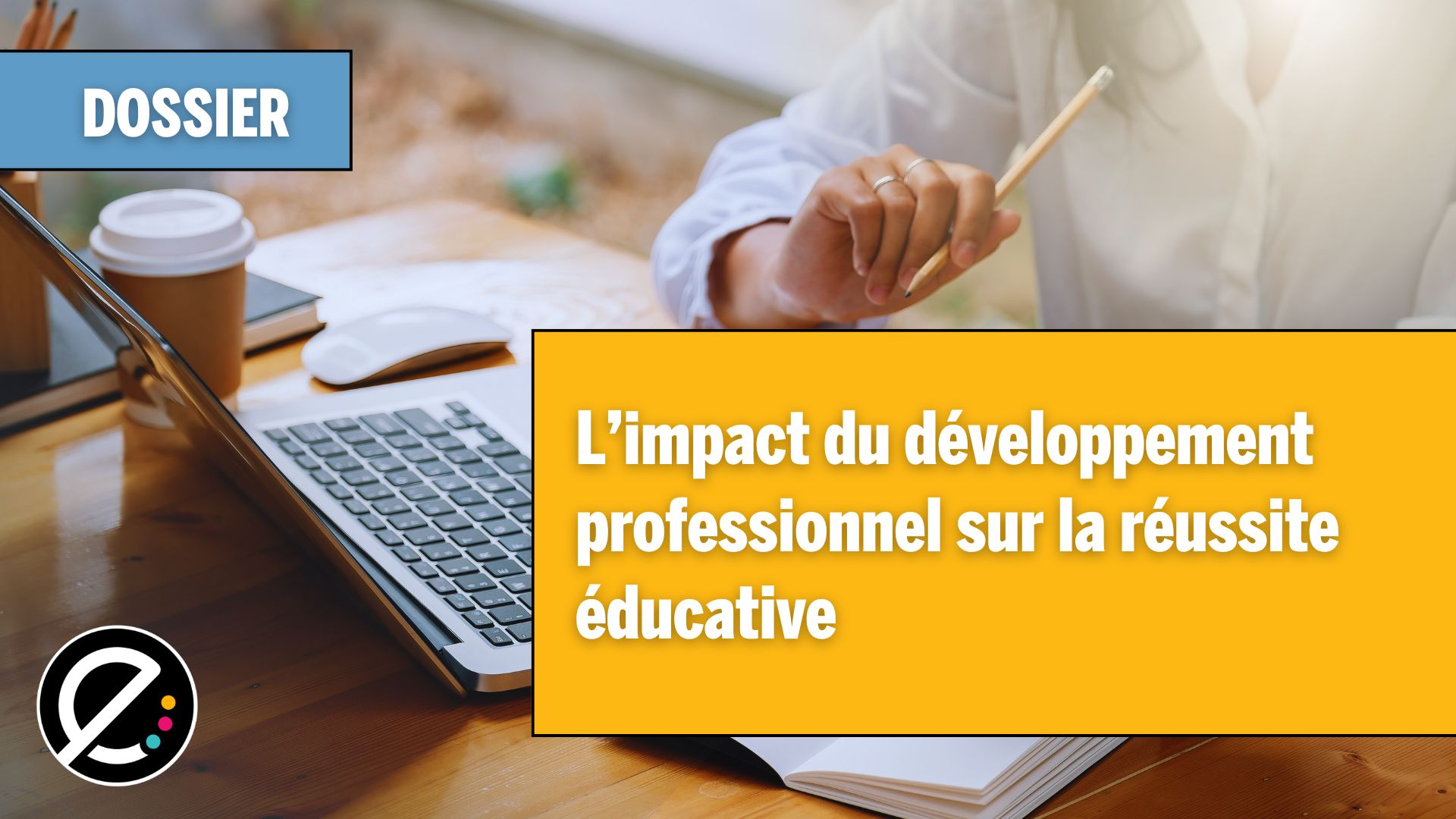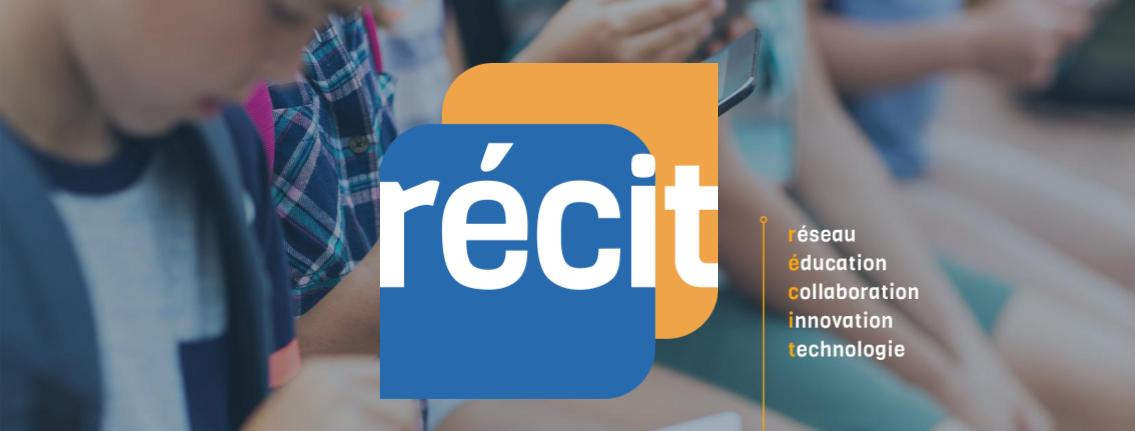Le Québec jouit d’une réputation envieuse en France lorsqu’il est question d’éducation. Le saviez-vous ?
En effet, nous avons tendance à oublier cela lorsque nous passons en revue l’actualité éducative québécoise dans nos principaux médias. Or, le système scolaire québécois fait figure progressiste auprès des Français, notamment en termes de programmes d’études et d’intégration des technologies aux activités pédagogiques !
Cela dit, parait-il que la France et la Finlande abordent différemment la question du développement professionnel des enseignants. Mythe ? Réalité ?
Ces dernières années, nous avons, à l’école, accueilli quelques délégations françaises et belges. Si les initiatives de tourisme pédagogique sont bonnes d’Europe vers le Canada, elles le sont certainement dans l’autre sens, non ?
De ce fait, j’ai l’incroyable chance d’être invité au Laboratoire d’innovation et du numérique en éducation (LINE) de l’École supérieure du professorat et de l’éducation (ÉSPÉ) de Nice (Université de Nice Sophia Antipolis) et de pouvoir assister la professeure Margarida Romero dans diverses recherches en lien avec le développement des compétences du 21e siècle chez les élèves et les enseignants, et ce, pour cinq semaines. Ce sera un périple qui me mènera également à Lille, Toulon et Paris, alors que j’y rencontrerai les intervenants d’autres ÉSPÉ, de l’Éducation nationale française, des CANOPÉ (l’équivalent des RÉCIT québécois), ainsi que ceux de la Délégation académique au numérique éducatif (DANE). De plus, j’irai à Savonlinna, en Finlande pour y rencontrer Kati Mäkitalo-Siegl, professeure à l’Université de Finlande Orientale et directrice de PREP21, une initiative collaborative impliquant trois universités finlandaises, dont le but est de développer les compétences professionnelles des futurs enseignants.
Il y a trois grands buts à ce voyage :
1- Importer des façons de faire européennes
Importer des façons de faire européennes gagnantes dans mon milieu scolaire en lien avec le développement des compétences du 21e siècle, et ce, autant pour les élèves que pour le développement professionnel des enseignants et celui des membres de la direction.
Pour les élèves, comment peuvent-ils, en classe, développer ces compétences ? Plusieurs référentiels existent dont les plus connus sont ceux de l’Université Laval et d’ISTE. Je cherche donc à ramener des pratiques gagnantes à partager dans mon milieu.
Pour les professionnels de l’éducation, il s’agit d’un domaine peu exploré. D’ailleurs, au Québec, en prenant l’exemple des enseignants, le référentiel des compétences professionnelles date de… 2001. Cela dit, à une époque où les technologies ont clairement envahi le monde scolaire, quelles sont les nouvelles compétences à développer professionnellement ou quelles sont les anciennes qui deviennent encore plus importantes ? Comment les développer et quelles sont les conditions gagnantes pour ce faire ?
2- Rejoindre la communauté éducative québécoise
Diffuser les façons de faire européennes à la communauté éducative québécoise pour permettre l’éclosion d’initiatives locales en lien avec le développement des compétences du 21e siècle chez les professionnels comme chez les élèves.
3- Contribuer aux pratiques françaises
Contribuer aux pratiques françaises en partageant les pratiques gagnantes issues du Québec ou de l’Amérique du Nord. À cet égard, les Français sont particulièrement intéressés aux sujets suivants (sans ordre particulier) :
- La gestion des médias sociaux à l’école;
- La gestion des appareils mobiles en classe;
- L’intégration des tablettes électroniques aux activités pédagogiques en mode 1 :1;
- L’intelligence artificielle;
- La programmation et la robotique;
- Les ateliers de fabrication numérique.
Ces prochaines semaines, vous lirez une quinzaine de comptes rendus qui seront publiés dans l’École branchée. Ils ont pour but de partager diverses approches, idées, événements ou façons de faire européennes.






